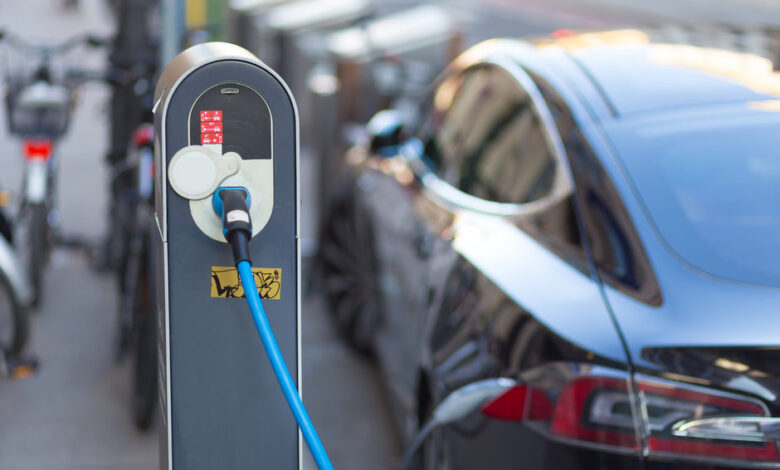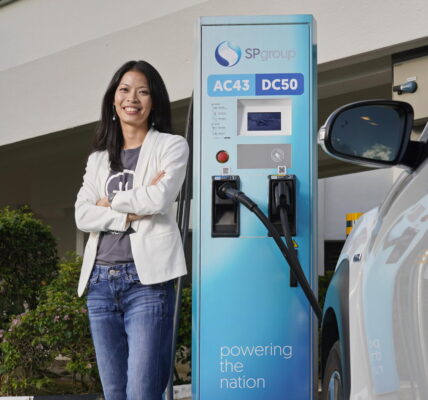Cheap oil could drive automakers to distraction. With crude futures near $26 a barrel, drivers might lose enthusiasm for electric vehicles, especially if governments put support on hold and let pump prices tank. But the push away from hydrocarbons is about more than petrol costs. Carmakers are ill-advised to let the investment slide.
In theory, the sharp adjustment in the oil market – prices have nearly halved in response to the collapse of negotiations at the Organization of the Petroleum Exporting Countries – is good for consumers. Directly and indirectly, fuel costs make up a large proportion of monthly expenses for poor people and small companies in many countries, so lowering them can be economically stimulative.
An extended period of dirt-cheap fossil fuels could make electric vehicles, already relatively expensive, even less competitive. Sales were shrinking in China, the world’s largest EV market, before the Covid-19 outbreak paralyzed dealerships and production lines. Shares in pure-play clean energy brands like Tesla and $37 billion Chinese battery maker Contemporary Amperex Technology have been sliding.
A longer crude slump could support demand for guzzling sports utility vehicles, which are wildly popular in the United States, China, and India. Electric skeptics like Fiat Chrysler might feel their procrastination has been validated, while those already committed might tap the brakes on research and product rollouts. General Motors is delaying the reveal event for an electric Cadillac originally planned for April.
Some officials may decide to use cheaper fossil fuel as a backhanded form of fiscal stimulus. And a cull of weak EV manufacturers seems inevitable. Nio, China’s answer to Tesla, warned on Wednesday it has doubts about its ability to continue as a going concern.
Yet governments are unlikely to stand aside and watch carefully nurtured industries collapse, especially those that want more energy independence and less air pollution. Cost was never their primary motive for pushing consumers into cleaner vehicles, and there are other ways to protect EV affordability: tax, green credits and so on.
Last year, when benchmark oil futures were more than double today’s $26 per barrel, Deloitte estimated electric price parity with conventional engines was three years away. This may push that milestone out further, but not to infinity.







